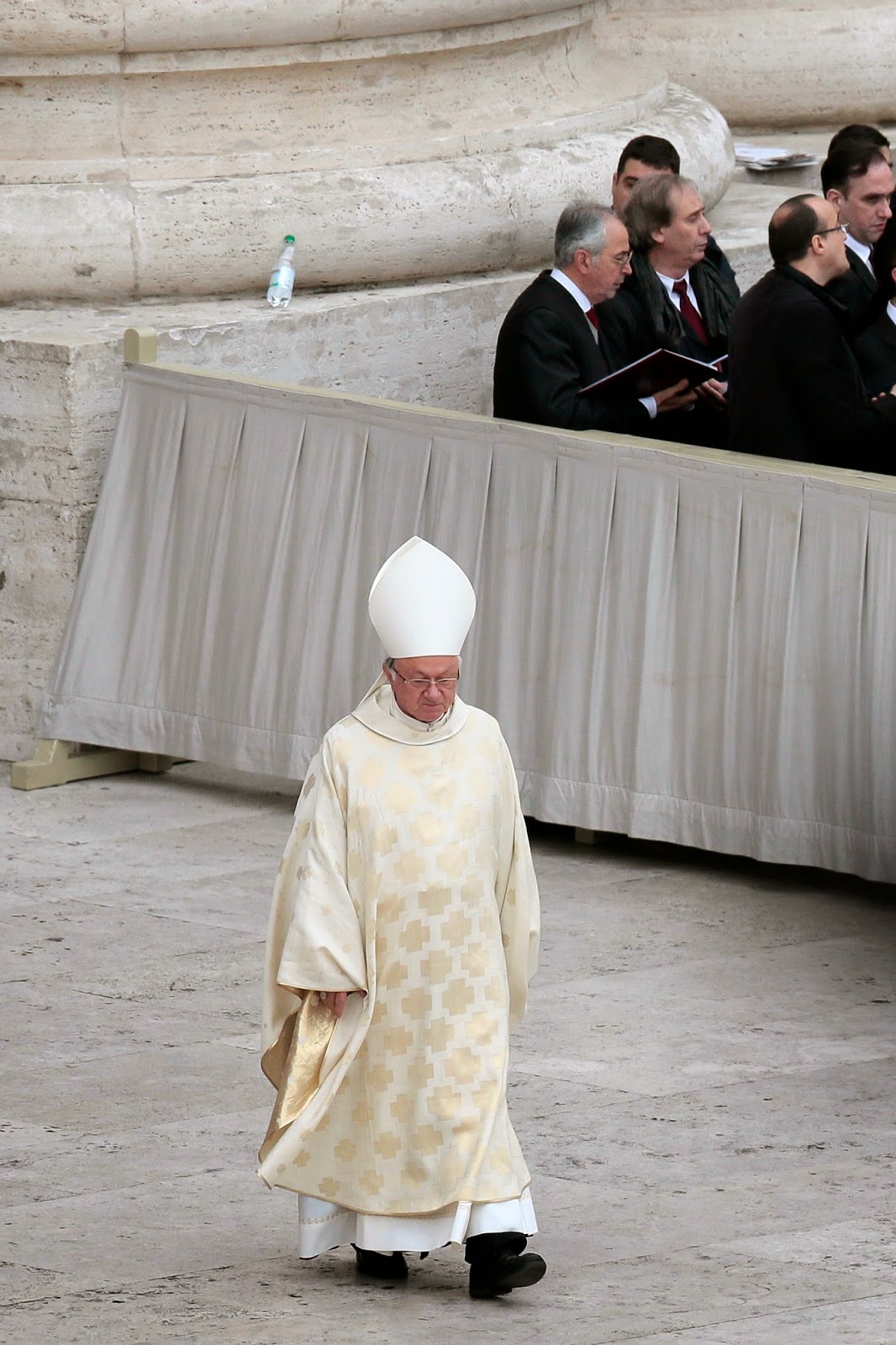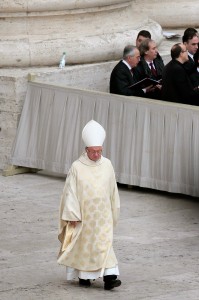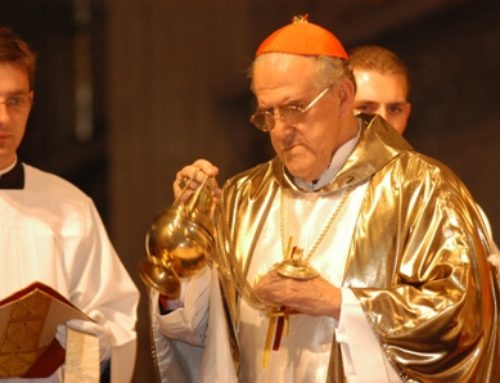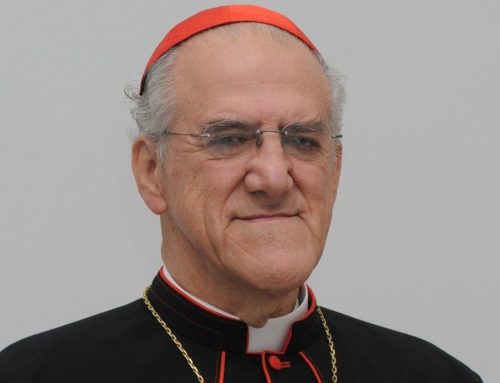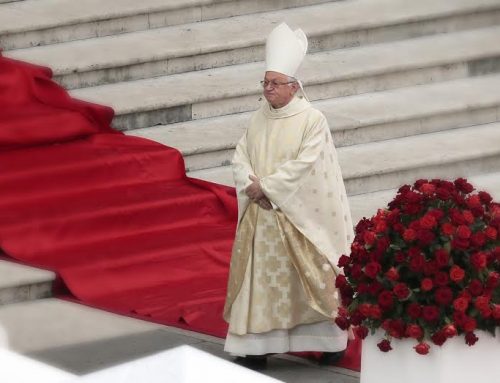Vatican City, 2 April 2016 – “Builders and witnesses of hope” is the title of the message from Archbishop Zygmunt Zimowski, president of the Pontifical Council for Health Pastoral Care, for the 9th World Autism Awareness Day (2 April). This year the event coincides with the days immediately following Easter Sunday and, as the prelate writes, the Church seeks to adopt the attitude of the risen Christ, who inspires hope in the women following the tragic days of His passion and death: “Do not be afraid”.
“Very often the hardships of everyday life, loneliness and worries for the future can prevail over hope”, the Message begins. “Aware of how important and necessary it is to stimulate efforts in this sector for the improvement of services and the promotion of research, just as it is essential to support autistic people and their families … our heart cannot but feel strongly confirmed in hope. … In a time in which often we struggle to find reasons to hope, and especially when faced with problems linked to autistic spectrum disorders, that are often not easily diagnosed and also, especially in families, not easily accepted without shame or retreating into solitude, we are called to place our trust in God. … Although by definition hope looks to the future, it is rooted in the today of God, Who loves us and seeks us tirelessly. … God is boundless goodness and benevolence; He cares for His children and never abandons those whom He has called to enter into His communion, whatever difficulties there may be”.
“From this perspective of faith, a neurological and behavioural disorder that until a short time ago was considered as a social stigma, is fortunately receiving ever greater consideration in the field of diagnosis and research, as well as in assistance, integration in school and the workplace, and accompaniment in spiritual growth. This constitutes a sign of hope, as emerged also on the occasion of the International Conference held two years ago by this dicastery on the theme: “The person with autism spectrum disorders: animating hope”.
“There is a need for efforts by all to favour acceptance, encounter and solidarity in a concrete work of support and renewed promotion of hope, taking into account above all the fact that autism lasts a lifetime. Therefore, only an alliance between the healthcare, social-healthcare and educational sectors, as well as inclusion where possible in work activities to increase personal independence, can ensure continuity in care throughout the life of these brothers and sisters of ours. Enabling functional integration between services specific to the phases of development and of adulthood, the person with autism is thus allowed to conserve the capacities acquired through rehabilitation interventions at a young age, thus avoiding regression and the stultification of the resources employed”.
“In this challenging but not impossible task, the effect of educational, healthcare and social interventions in support of people with autistic spectrum disorders and their families may constitute a valid incentive to identifying and promoting effective and efficient policies, thus creating throughout the country and even in low-income countries, as Pope Francis confirmed in his encounter with autistic children and adults and their families on 22 November 2014, a “network of support and services which are comprehensive and accessible”, able to “help families overcome the feelings, which can sometimes arise, of inadequacy, helplessness and frustration”.
“Following Pope Francis’ invitation, especially in this Holy Year of Mercy, that inspires believers and non-believers alike to rediscover attitudes of acceptance and fraternal solidarity, let us take on the responsibility in our life for the acceptance and inclusion of autistic people and their families, in the certainty that in this way we will be witnesses of authentic and joyful hope in the Church and in the world”.

